The perpetual obstacle to human advancement is custom
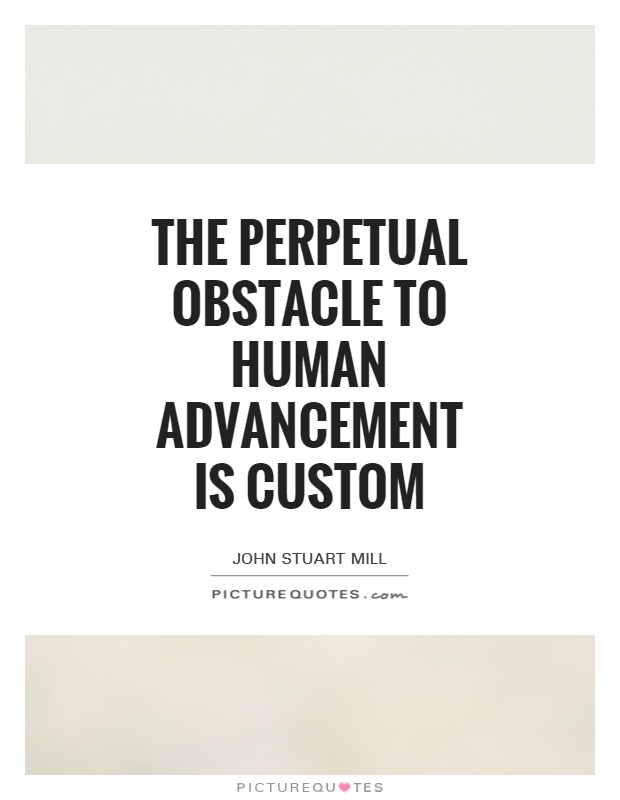
The perpetual obstacle to human advancement is custom
John Stuart Mill, a prominent philosopher and political economist of the 19th century, believed that one of the greatest obstacles to human advancement is custom. In his seminal work, "On Liberty," Mill argues that customs and traditions often hinder progress and prevent individuals from fully realizing their potential. He believed that society's adherence to established norms and practices stifles creativity, innovation, and individuality.According to Mill, customs are ingrained in society through generations of repetition and reinforcement. They dictate how individuals should think, behave, and interact with others. While some customs may have originated from practical necessity or moral principles, many are simply arbitrary and serve no real purpose. Mill believed that blindly following customs without questioning their validity or relevance can lead to stagnation and hinder social progress.
One of the key ways in which customs impede human advancement is by limiting individual freedom. Mill was a staunch advocate of personal liberty and believed that individuals should have the freedom to think, speak, and act as they please, as long as they do not harm others. However, customs often impose restrictions on individual freedom by enforcing conformity and discouraging dissent. This can prevent individuals from expressing their unique perspectives, pursuing their passions, and challenging the status quo.
Moreover, customs can also perpetuate inequality and injustice in society. Many customs are rooted in outdated beliefs and prejudices that discriminate against certain groups based on race, gender, or social class. These customs can perpetuate systemic oppression and hinder the progress of marginalized communities. Mill believed that individuals should be free to challenge and reform customs that perpetuate inequality and injustice in order to create a more just and equitable society.


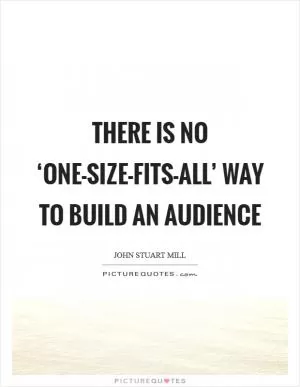



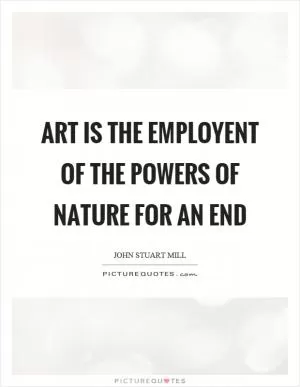
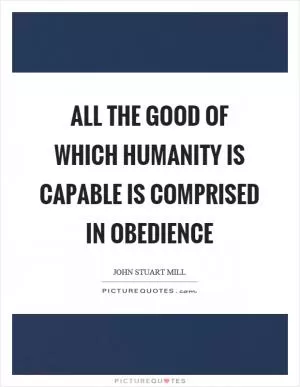


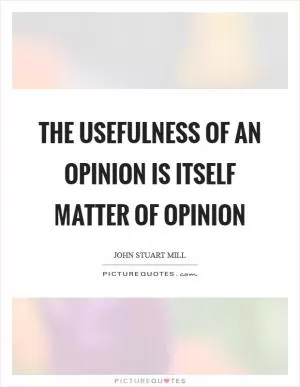

 Friendship Quotes
Friendship Quotes Love Quotes
Love Quotes Life Quotes
Life Quotes Funny Quotes
Funny Quotes Motivational Quotes
Motivational Quotes Inspirational Quotes
Inspirational Quotes